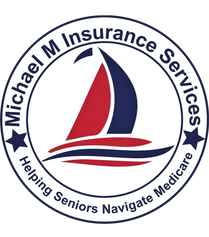Medicare and Cancer
All of us know someone who has been touched by Medicare and Cancer. It’s my opinion that the best course of action in the event that this starts to become a reality is to have a plan in place that will give you the most options while at the same time minimizing costs. This will hopefully reduce the need to think about your Health Insurance and allow you to concentrate more on treatment. The 2 types of Medicare Health Insurance plans available are Medicare Advantage and Medicare Supplement Plans. Both help pay your Medicare cost share . Let’s take a quick look.
Medicare Advantage–
The monthly cost to these is as low as $00.00. The copays, however, for hospital stays and MRI blood work can become quite expensive. Chemo and any other injectable medication done in a doctor’s office or facility are not covered by the plan, and you will have to pay Medicare Part B 20%. You will more than likely reach your Maximum Out Of Pocket figure (As high as $7400) in a short period of time, but your cost share will be reduced to $00.00. Also, these plans are HMOs and PPO which means some doctors/hospitals might be out of network and unavailable or at a higher copay.
Medicare Supplement–
There are monthly costs to these and the individual has to weigh the benefits against the extra cost.
Benefits–
No doctor/hospital network. Care can be had with any doctor/hospital that accepts Medicare in any state.
Copays are reduced to very low or $00.00
Speak to your Medicare Advisor for a more detailed analysis for your individual needs.

